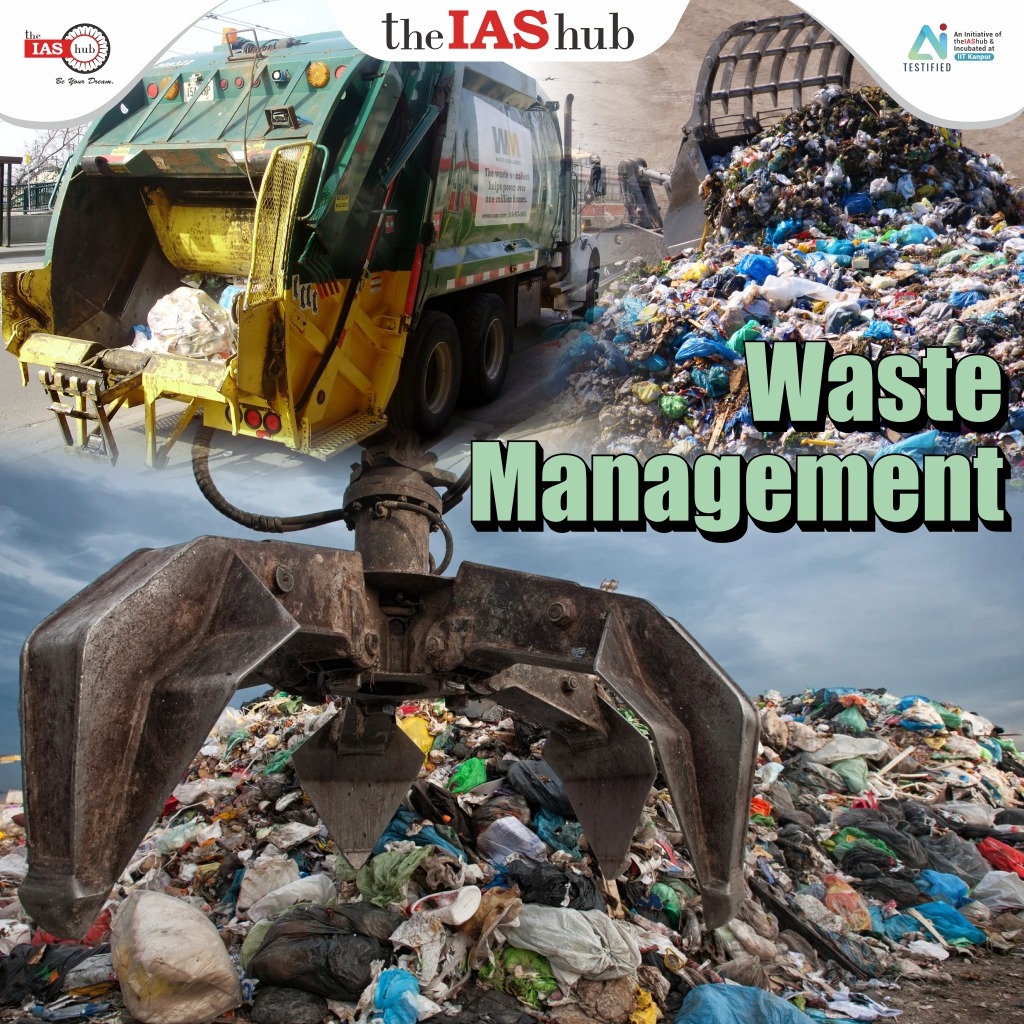Zero waste is a philosophy and environmental initiative aimed at eliminating waste by rethinking resource life cycles to conserve and recover resources, rather than disposing of them. It involves reducing, reusing, and recycling materials to prevent waste generation, ultimately aiming for a circular economy where no trash is sent to landfills, incinerators, or the ocean.


Zero Waste
Introduction:
Zero waste is a philosophy and environmental initiative aimed at eliminating waste by rethinking resource life cycles to conserve and recover resources, rather than disposing of them. It involves reducing, reusing, and recycling materials to prevent waste generation, ultimately aiming for a circular economy where no trash is sent to landfills, incinerators, or the ocean.
|
Waste crisis: 2.24 billion tons of municipal solid waste are generated annually.Only 55% are managed in controlled facilities.Approximately 931 million tons of food are lost or wasted each year.
|
Purpose:
|
Benefits of Zero Waste
|
Responsible approach
|
Collective action
|
Conclusion: International Day of Zero Waste propels the transition to a sustainable future, inspiring action, promoting responsible waste management, and fostering the adoption of circular economy principles. By raising awareness and supporting zero-waste practices, we contribute to a paradigm shift towards a more sustainable and environmentally conscious society.
Circular Economy
Introduction: A circular economy maximizes resource utilization by designing products for longevity, reuse, and recycling, creating a closed-loop system that minimizes waste and promotes sustainable development.
Key principles and strategies



Refine your answer writing skills and elevate your UPSC preparation with personalized support and expert feedback.
Fill out the form to get started with the program or any other enquiries !








Are you dreaming of becoming an IAS officer? Then, IAShub can be your best guide. It is one of the Best IAS Coaching in Delhi. Many students who want to clear the UPSC exam join IAShub for learning. The institute gives both online and offline classes. Their teachers are experienced and helpful. They easily explain every topic. Students also get notes, tests, and tips to do well in the exam.
IAShub is in Delhi and is trusted by many UPSC students. It offers coaching for every part of the UPSC exam – Prelims, Mains, and Interview. The classes are simple and easy to understand. The teachers are experts and guide students in the right way. IAShub is also known for its helpful notes, test series, and answer-writing practice. IAShub is the best coaching in Delhi and also gives UPSC Online Classes. This helps students from any place in India to learn. The online classes are live and also recorded. So, students can watch them anytime. These classes cover the full UPSC syllabus.
Here are some important services provided by IAShub:
The UPSC Civil Services Exam has three parts:
This exam is tough, but with the right guidance, it becomes easy to manage. Students must study smart and stay regular.
IAShub supports students from the beginning to the end. It gives the right books, tests, and notes. The classes are easy to follow, and the teachers are always ready to help. Students get personal doubt sessions too. The test series and answer checking help students learn where they need to do better. Also, free study materials save time and money.
IAShub also guides students during the final stage – the interview. Experts take mock interviews and give useful tips. This full support makes IAShub one of the best IAS coaching in Delhi.